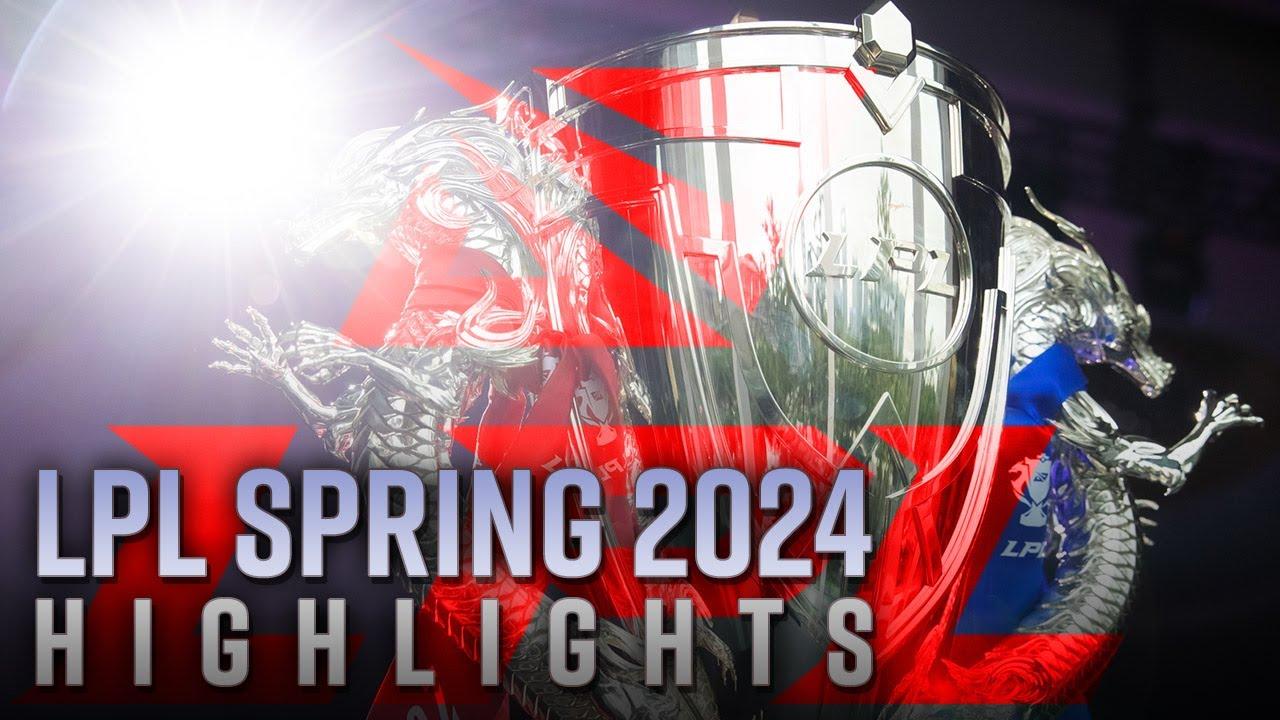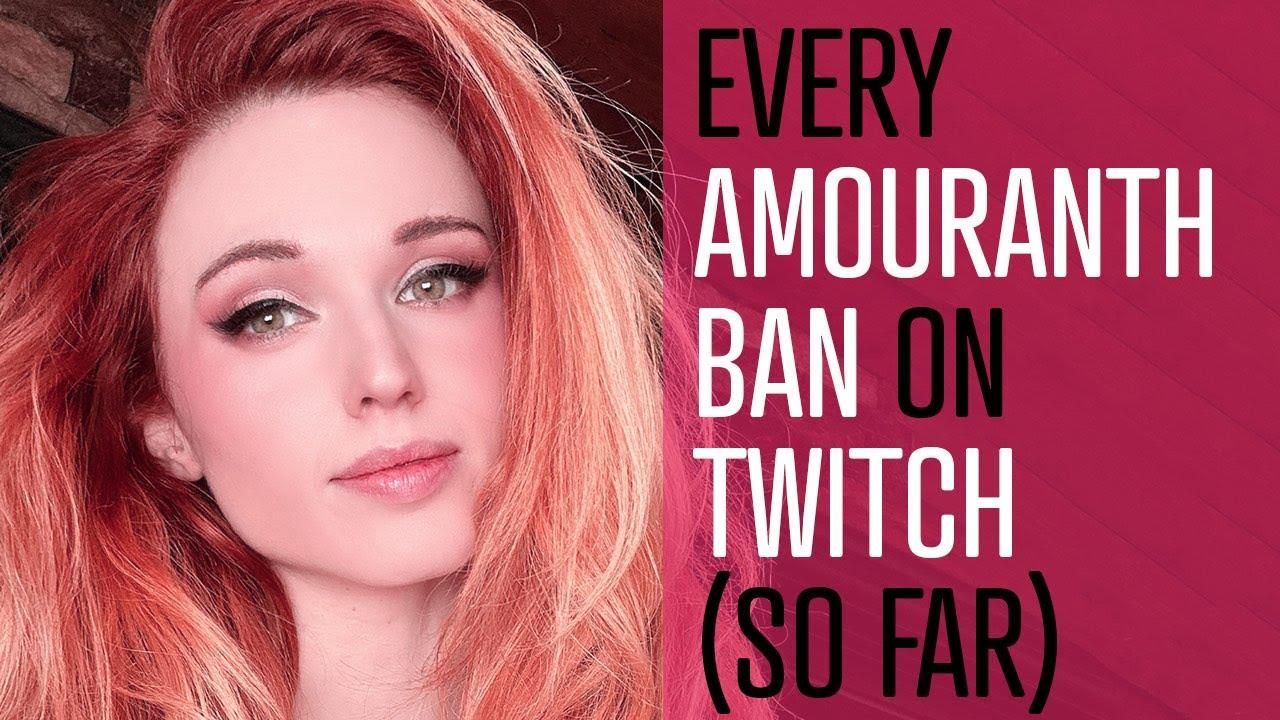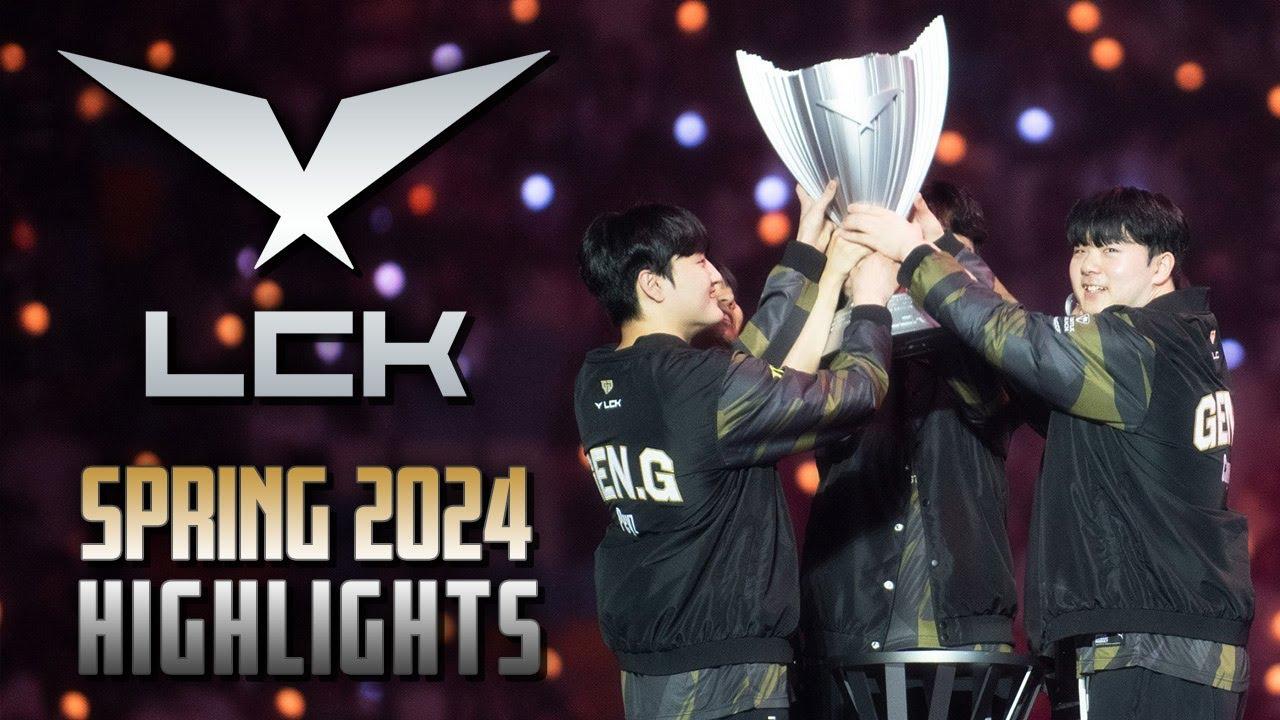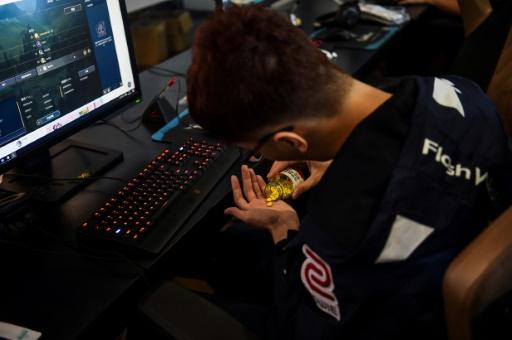
Anti-doping official talks esports and what players are using
Anti-doping officials don’t view adderall as much of a problem these days, but that doesn’t mean there isn’t a drug problem in esports.
Michele Verroken of Sporting Integrity spoke with Reuters about some of her recent work with the Esports Integrity Coalition. According to Verroken, there has been a cultural shift in esports away from adderall, but towards other substances.
“The trend is to say ‘yes, we thought that Adderall was the problem but actually we’re beginning to now think that the testing has had an impact and people who might have been considering it are not doing it’,” Verroken said.
Long known to be used recreationally by students as a “study drug” for cram sessions, adderall use became a hot topic in esports in 2015.
This was sparked when veteran Counter-Strike: Global Offensive player Kory “SEMPHIS” Friesen stated there was widespread use in the game’s pro scene. This prompted a feature on the subject on ESPN’s Outside the Lines in which Halo player Tyler “Calm Mentality” Mozingo largely agreed with those claims. The increased awareness of adderall use in esports was met with initiatives by some prominent esports brands, most notably tournament organizer ESL.
Verroken stated that she had worked directly with players on determining what sorts of drugs can enhance performance and what they would like to see kept out of competition. One of the drugs that was focused in on was marijuana.
Testimonials on marijuana’s effects vary wildly in terms of both its psychological and physical benefits in competition, and no scientific research has been done in order to definitively label it as performance-enhancing. The reason marijuana pops up on so many banned substance lists is due to it being prohibited by WADA, which bars substances based on three highly flexible and largely unscientific criteria.
There are more serious drugs than weed that have been found in tests administered to players and coaches. According to Verroken, one unnamed team had a test flagged for low levels of the party drug MDMA, also known as ecstacy.
“Though they were not given any sort of sanction We call them in, talk to the team, say ‘this is your warning, next time you are going to be targeted,’” Verroken said. “And when I say targeting, I mean targeting.”
No details were given on what the future holds for anti-doping in esports and the challenges for implementing any kind of system remain numerous. The list of banned substances in a game like football or boxing holds little value in esports, and there is no sanctioning body that would be able to implement any type of standards at scale.
Verroken is still bullish on esports’ future in this regard, however.
“I ran the UK anti-doping program…now I work with esports where there’s huge engagement with the players. It really is good,” Verroken said. “If they think somebody’s cheating, it will be on social media. They are not going to be afraid.”
Recommended

All maps are now available in CS2, what does it mean?
Poor Inferno players.

Redline creator reveals a sequel skin for CS2
Maybe call it the Orangeline?
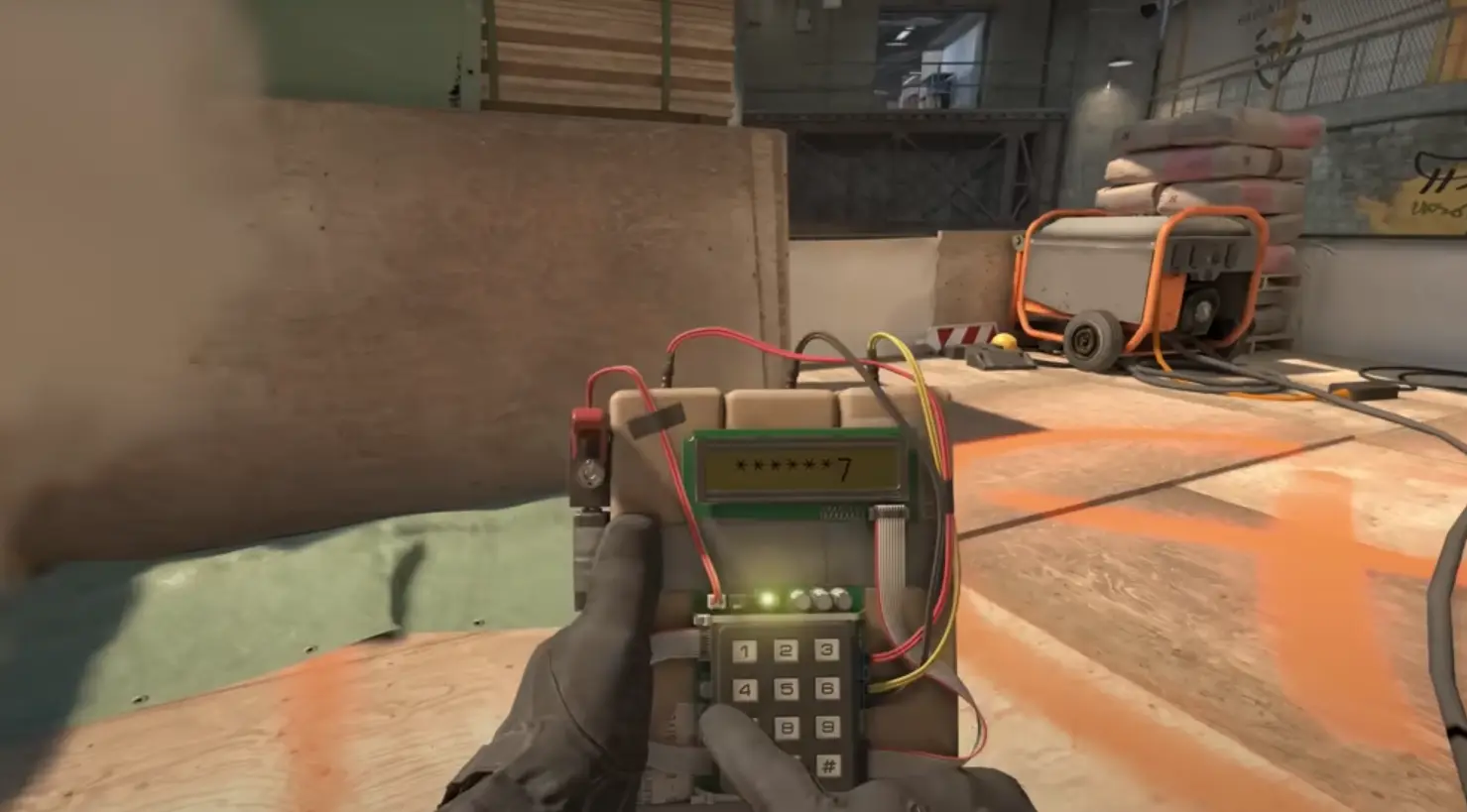
CS2 release date: Everything we know so far
Is it CS2-morrow? No, it is not.

